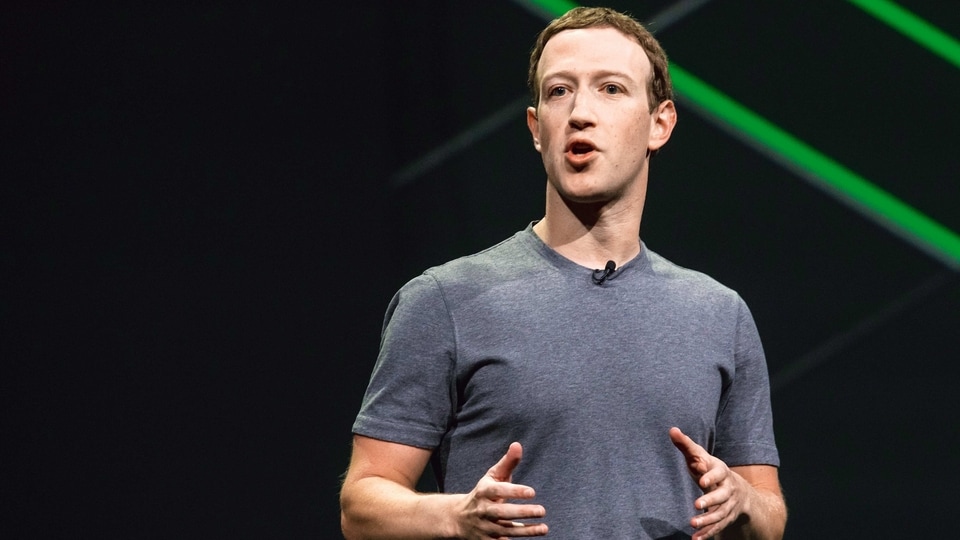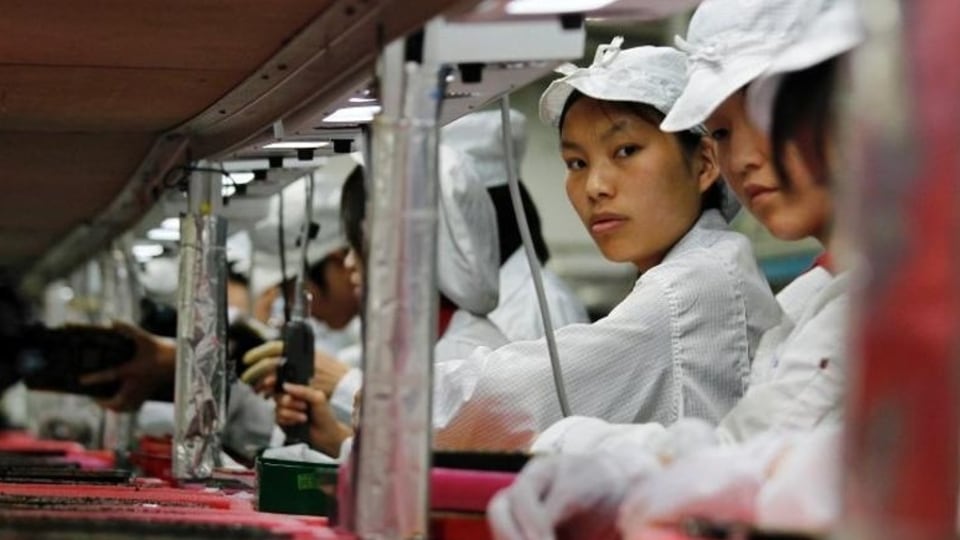Meta shutters fake account 'cheerleaders' for Cuban, Bolivian governments
Meta had taken down two fake account networks with links to the governments of Cuba and Bolivia that were used to spread official propaganda and discredit the opposition.






 View all Images
View all ImagesFacebook parent company Meta said Thursday it had taken down two fake account networks with links to the governments of Cuba and Bolivia that were used to spread official propaganda and discredit the opposition.
It closed hundreds of fake accounts, but not before the networks had managed to reach hundreds of thousands of people, Meta's threat intelligence global lead Ben Nimmo told AFP via videoconference.
Meta investigators "linked the activity to the governments in question," he added.
California-based Meta launched a probe last year into the two fake news rings, which it said had no ties to one another.
In the case of Cuba, long one of the least connected countries on Earth until mobile internet arrived in 2018, Meta deactivated 363 Facebook and 72 Instagram accounts, as well as 270 pages and 229 groups.
The network there had also been active on YouTube, TikTok and Twitter, said Nimmo.
"They were using very basic fake accounts to share and like pro-government content," he said. "So if you like, they were fake cheerleaders."
In Bolivia, the probe revealed a coordinated effort "to use fake accounts to post in support of the Bolivian government and to criticize and harass (the) opposition."
The network had ties with the leftist government, the ruling MAS party of controversial ex-president Evo Morales, and a group calling itself "Digital Warriors."
Some 1,600 accounts, pages and groups operated out of La Paz and Santa Cruz were deactivated, according to Meta.
"They coordinated their efforts to use fake accounts, to post in support of the Bolivian government, and to criticize and harass (the) opposition," said David Agranovich, Meta's director of global threat disruption, who was also on the call.
Meta did not present its findings to Havana or La Paz, he added, given their suspected involvement.
"In cases like this," said Agranovich, "we do think it's important to try and hold these types of actors accountable... It is why we publish our reports."
- Dissident 'worms' -
Nimmo said the Cuban network had used fake accounts to run pages and groups on Facebook, to post and amplify content, and to comment on other people's posts.
Many used profile photos that were "likely generated using artificial intelligence, which is photos of people that don't exist."
They created memes using photos of critics and often referred to them as "worms" -- the same word the government uses for dissidents.
Agranovich said about 650,000 people followed one or more pages created by the Cuban network and some 510,000 joined Facebook groups.
In Bolivia, one fake page had two million followers.
"Whenever we do these enforcements our goal is to try and disrupt them as quickly as possible before they gain a large audience or kind of metastasize across the platform," said Nimmo.
He added that after the Cuban network was taken down, its creators "tried to come back."
"We... took them down again. Part of the job is not just to do one takedown, but to keep (up) that pressure" to make it "harder and harder for them to build an audience or rebuild an audience," said Nimmo.
In 2021, Facebook closed a Nicaraguan government troll farm spreading anti-opposition messages.
Catch all the Latest Tech News, Mobile News, Laptop News, Gaming news, Wearables News , How To News, also keep up with us on Whatsapp channel,Twitter, Facebook, Google News, and Instagram. For our latest videos, subscribe to our YouTube channel.


























